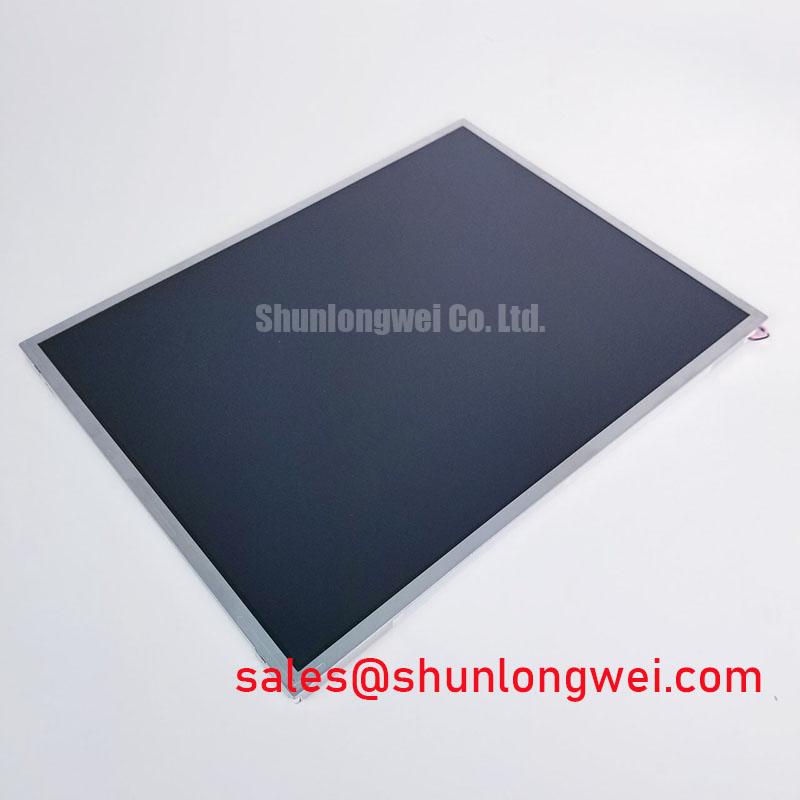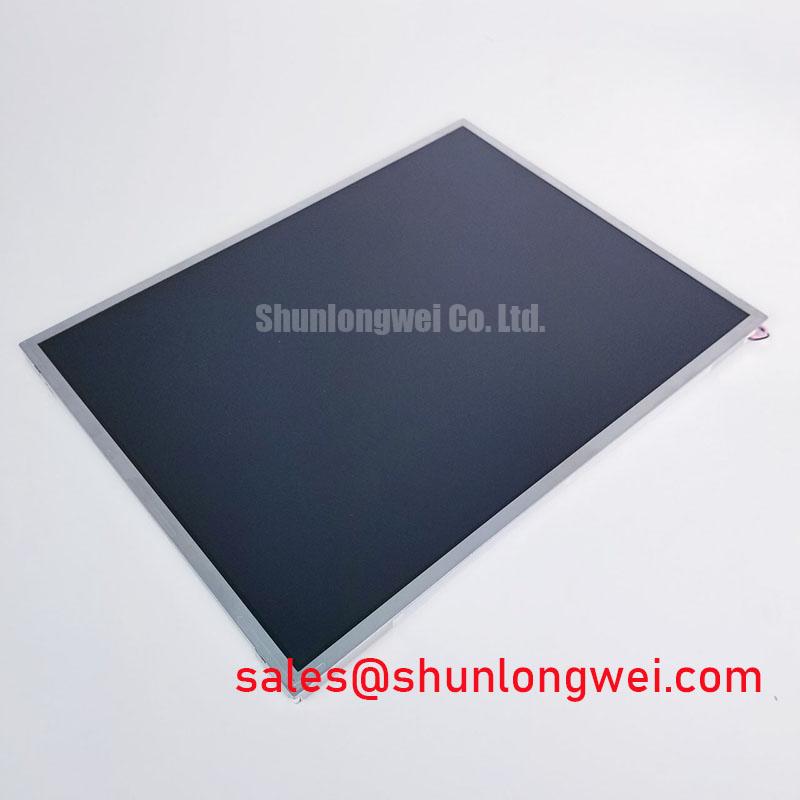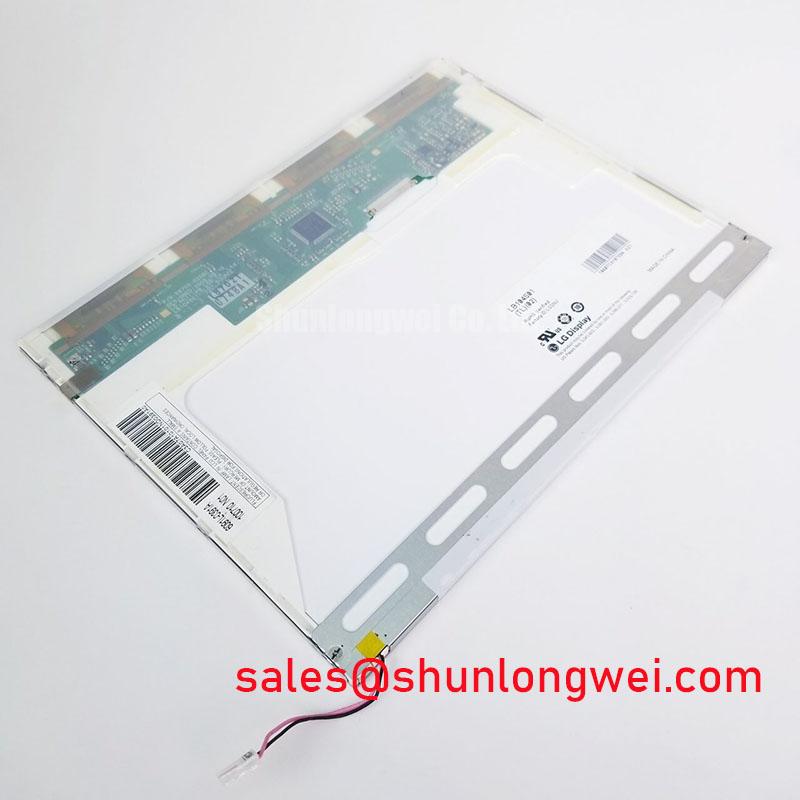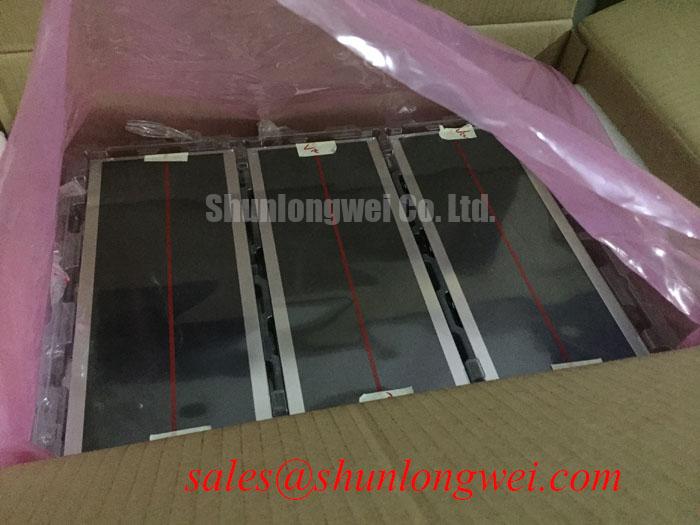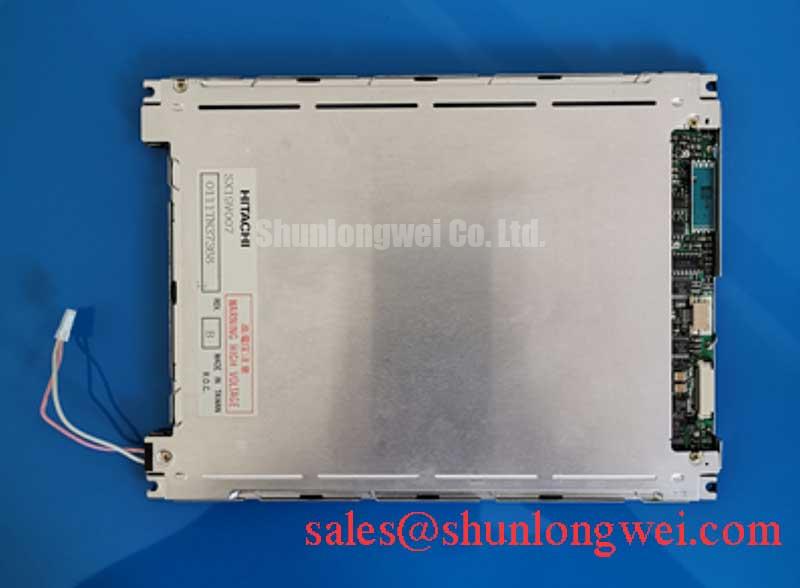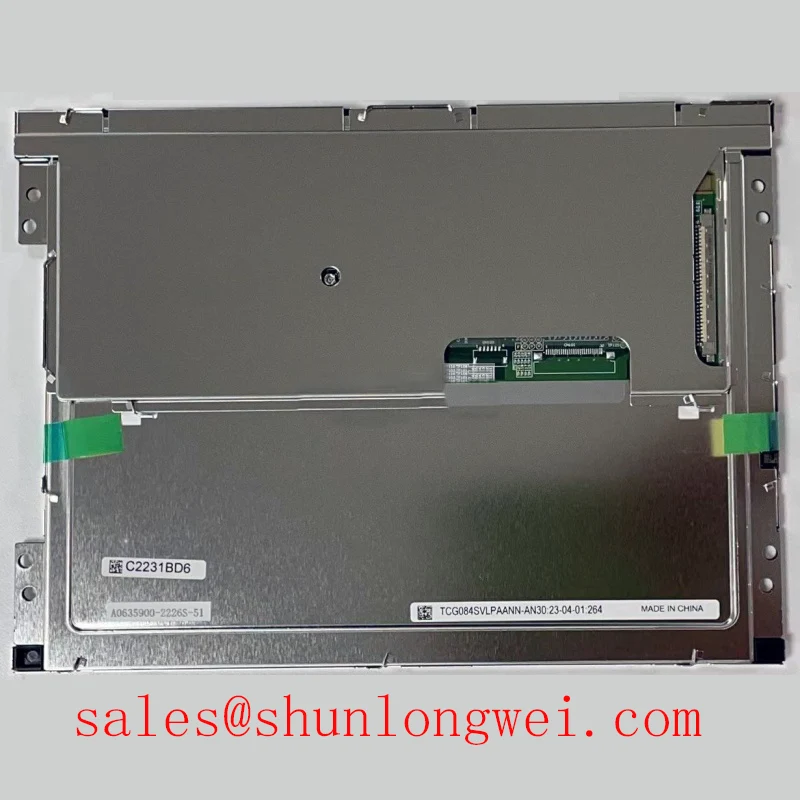LG Display LB104S01-TL05: Engineering a Reliable SVGA Display for Industrial Longevity
Introduction and Key Highlights
The LG Display LB104S01-TL05 is an a-Si TFT-LCD panel engineered for consistent, long-term performance in demanding industrial applications. This display delivers proven reliability through a classic design, providing a stable solution for Human-Machine Interface (HMI) and control systems. Key specifications include: 10.4" Diagonal Size | 800x600 SVGA Resolution | 350 cd/m² Brightness. It offers the core benefits of a standardized LVDS interface for straightforward system integration and a robust CCFL backlight known for its operational stability. For engineers asking how to maintain legacy systems without costly redesigns, the LB104S01-TL05 provides a form-fit-function display solution that ensures continuity and minimizes requalification efforts. What is the primary benefit of its CCFL backlight system? A proven track record of stability and consistent brightness over its operational life. Tailored for industrial HMIs where uptime is paramount, this 10.4-inch display is the optimal choice for extending the lifecycle of existing equipment.
Key Parameter Overview
Decoding the Specs for Sustained Operational Performance
The technical specifications of the LB104S01-TL05 are optimized for integration into industrial environments where reliability and clear visuals are primary engineering requirements. The combination of its resolution, brightness, and standard interface makes it a workhorse component for a variety of control and monitoring applications.
.param-table {
width: 100%;
border-collapse: collapse;
margin-top: 20px;
}
.param-table th, .param-table td {
border: 1px solid #dddddd;
text-align: left;
padding: 8px;
}
.param-table th {
background-color: #f2f2f2;
font-weight: bold;
}
.param-table .group-header {
background-color: #e2e2e2;
font-weight: bold;
}
.param-table .highlight {
font-weight: bold;
color: #333;
}
| LG Display LB104S01-TL05 Core Specifications | |
|---|---|
| Optical Characteristics | |
| Screen Size | 10.4 inches Diagonal |
| Resolution | 800(RGB)×600, SVGA |
| Brightness | 350 cd/m² (Typ.) |
| Contrast Ratio | 400:1 (Typ.) (Transmissive) |
| Viewing Angle | 65/65/55/55 (Typ.)(CR≥10) (L/R/U/D) |
| Display Colors | 262K (6-bit) |
| Physical & Electrical Interface | |
| Panel Technology | a-Si TFT-LCD, Transmissive |
| Signal Interface | LVDS (1 ch, 6-bit), 20 pins Connector |
| Supply Voltage | 3.3V (Typ.) |
| Backlight System | 1 pcs CCFL, with inverter |
| Mechanical & Environmental | |
| Outline Dimensions | 245(W) × 172(H) × 5.7(D) mm |
| Active Area | 211.2(W) × 158.4(H) mm |
| Operating Temperature | 0 ~ 50 °C |
| Storage Temperature | -20 ~ 60 °C |
Note: The technical data presented is based on aggregated information for the model. For comprehensive details, performance curves, and mechanical drawings, it is imperative to consult the official documentation.
Application Scenarios & Value
System-Level Benefits in Legacy Equipment Sustainment
The LB104S01-TL05 is best suited for applications focused on maintaining and extending the life of existing industrial assets. Its SVGA resolution and 10.4-inch form factor are common in a vast installed base of industrial equipment, making it a crucial component for service and repair operations.
A primary high-fidelity engineering scenario is the refurbishment of a legacy Human-Machine Interface (HMI) on a CNC machine or a process control panel within a factory. In this context, the primary challenge is not upgrading to the latest technology but ensuring a reliable, direct replacement for a failed or fading display without altering the system's software, drivers, or mechanical enclosure. The LB104S01-TL05's standard 1-channel, 6-bit LVDS Interface provides a plug-and-play solution for many existing controllers, drastically reducing engineering time and recertification costs. Think of the interface compatibility as using a standard key for a standard lock; it eliminates the need to re-engineer the entire door, saving immense time and resources. This direct-replacement capability is a significant value proposition for maintenance, repair, and operations (MRO) providers and in-house engineering teams responsible for plant uptime. For systems requiring a similar form factor but different interface or resolution, other displays like the G104S1-L01 may offer alternative specifications for consideration.
Frequently Asked Questions
What is the significance of the 6-bit color depth in an industrial application?
The 6-bit color depth, which produces 262,144 colors, is perfectly sufficient for the vast majority of industrial HMI applications. For displaying GUIs, status indicators, process schematics, and numerical data, this color palette provides clear differentiation without the higher data bandwidth and processing requirements of 8-bit or 10-bit panels. This simplicity translates to higher system reliability and easier integration with older or cost-effective controllers.
How does the CCFL backlight impact the design considerations for an industrial panel?
The Cold Cathode Fluorescent Lamp (CCFL) backlight is a mature, well-understood technology known for its stable output. Unlike modern LED backlights that require constant current drivers, a CCFL system uses a dedicated, high-voltage inverter. While this adds a component, these inverters are robust and standardized. For engineers, this means predictable power requirements and a thermal signature that has been accounted for in industrial designs for decades, simplifying replacement and maintenance.
Is the 0 to 50°C operating temperature range suitable for all industrial environments?
This temperature range is standard for control room and indoor factory floor applications. It ensures reliable operation in climate-controlled environments where the majority of HMIs are deployed. For applications requiring operation in extreme cold or heat, such as outdoor kiosks or unheated warehouses, a display with a wider temperature range would be necessary. The LB104S01-TL05 is specified for the core of the industrial market.
What does a "transmissive" type display mean for viewing quality?
A transmissive display generates its image by modulating light from a backlight that shines *through* the liquid crystal layer. This is the most common type of TFT-LCD and provides bright, vibrant colors and high contrast in typical indoor or shaded lighting conditions. Its performance is directly tied to the backlight's strength, and the 350-nit brightness of this model ensures readability in well-lit factory settings.
From the Engineer's Bench
A Pragmatic Approach to Component Selection
When the objective is operational continuity rather than bleeding-edge innovation, component selection criteria shift. The LB104S01-TL05 isn't about pushing pixel density or dynamic range; it's about providing a known-good, reliable component that integrates seamlessly into established systems. Its value is measured in minimized downtime, reduced requalification costs, and the extension of a capital asset's useful life. For a systems engineer managing a fleet of aging but functional equipment, having a display like this in the supply chain is a strategic advantage. It represents a commitment to stability and a practical understanding that not every system requires a complete overhaul—sometimes, the most effective solution is the one that reliably maintains the status quo.

